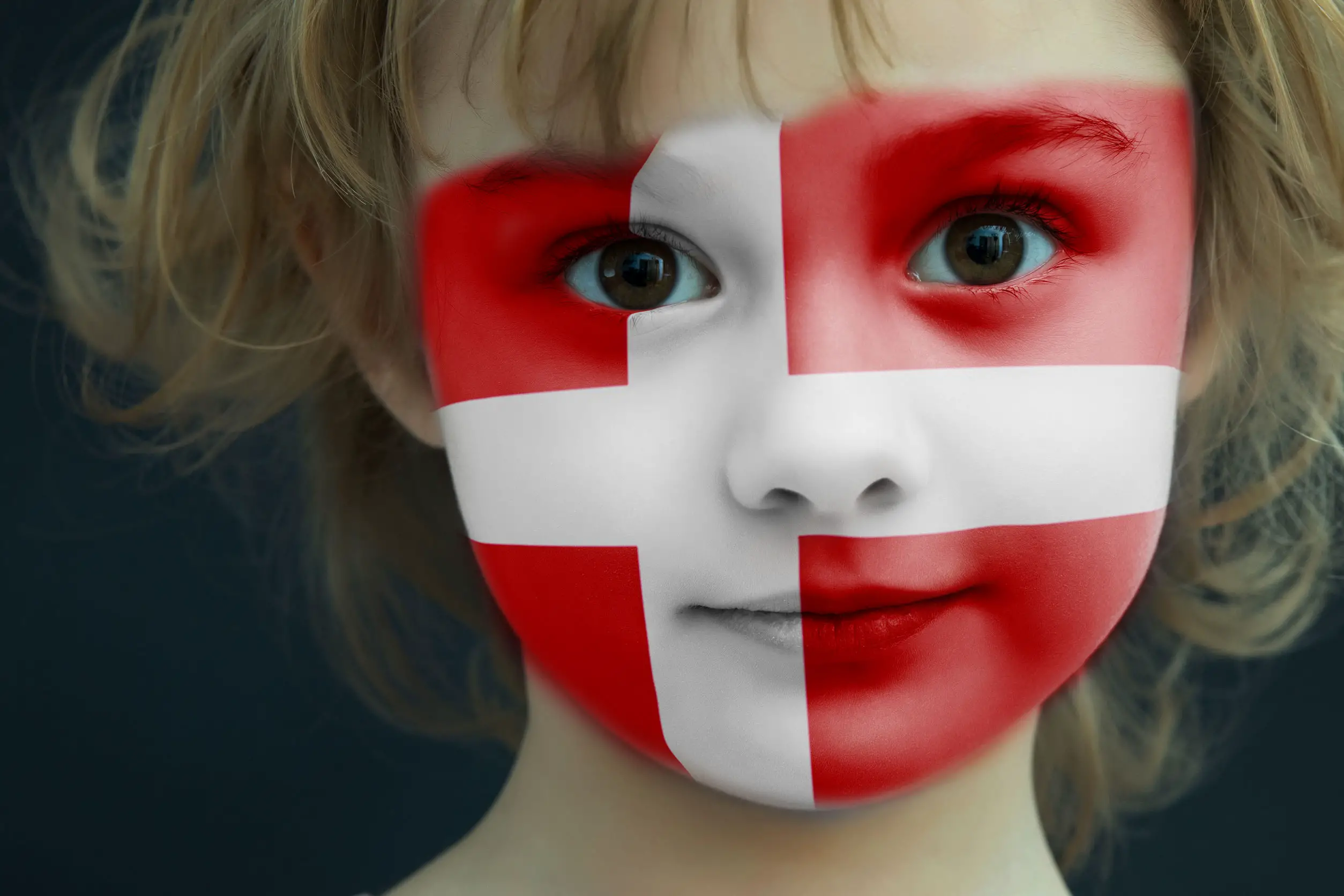In Denmark, Empathy Is Taught To Students Aged 6 To 16
Tags: opinion

We all seek happiness, don’t we? But in a world where rat races are the norm and emotions are considered as “weaknesses”, Denmark is perhaps paving a new path. This European country has long been a desired place of work and their whole culture has a lot to teach us. So what is the hour of empathy in Denmark and what can we learn from it?
The World Happiness Report from the United Nations conducts a survey since 2012 where 155 countries around the world are ranked according to the happiness of their residents. The Report has ranked Denmark among the happiest countries and the rank has never gone below 3 in the last 7 years. The biggest factor contributing to Denmark’s record is the empathy hour in their schools.
Started in 1993, all schools present in Denmark have one hour each week dedicated to “Klassens tid”. Students of ages 6 through 16 have to attend this fundamental class focused on empathy.
Students work on being more empathic which helps them build better relationships and be more successful later in life. It also helps prevent bullying in schools. The best entrepreneurs, leaders, and managers swear by the importance of empathy and Denmark makes sure their future generations are on the right path to success and happiness. Teenagers greatly benefit from such classes since they often tend to develop narcissistic traits at this age. Being empathic makes them goal-oriented and focused.
Also read: This Texas High School Offers “Adulting 101” A Class That Teaches Basic Life Skills
During the classes called Klassens tid, the students are encouraged to discuss the problems they face. Be it school-related activities or otherwise, they share their problems while the rest of the class, along with the teacher, figure out possible solutions. These solutions are based on listening and a lot of understanding which helps students be more empathic towards others.
And if they have no specific problems to be discussed, they get to just spend that hour together enjoying and relaxing. They work on hygge, a concept closely tied to the Danish culture. “Intentionally created intimacy” is perhaps the best way to explain “hygge”. Denmark is a country where the sun sets pretty early and the weather is rather gloomy. Hygge signifies for the Danish warmth, friendship, and creation of an intimate atmosphere where everyone is welcomed. Danes insist on hygge for their well-being. And the world is also catching up to the concept. Instagram currently has over three million posts carrying the hashtag #hygge while Amazon sells over 900 books on this topic.
Denmark’s continued happiness ranking makes researchers like Jessica Alexander curious. This American writer and psychologist has collaborated with Iben Sandahl, a Danish psychotherapist, to write “The Danish Way of Parenting: What the Happiest People in the World Know About Raising Confident, Capable Kids“.
Over 5000 people have downloaded our free ebook “Growth Hacking Tips And Rituals For Optimal Living” CLICK HERE to get your free copy now
While researching for this book, the duo found that teamwork greatly contributes to the development of empathy in the schoolkids. 60% of schoolwork in Denmark is based on teamwork and they work to help each other, not beat others for personal gains. Instead of trying to excel over the people who are not as gifted as oneself, the kids learn how to work together. This also contributes to the fact that Denmark’s also one of the best places where one can work in Europe.
Also read: 15 Books Your Children Should Read To Help Foster Empathy And Kindness
It’s not like there is no competition. But it is only with oneself. Not with your peers or anyone else. The schools offer no prizes or trophies which encourage unnecessary competition. They rather try to encourage and motivate their students to work on the self and improve their own skills.
The schools also practice collaborative learning. Students with varied strengths and weaknesses across various subjects work together on projects. This gets them help in the areas they are weak while encouraging them to improve further on their strengths. Collaborative learning teaches students that success cannot be achieved alone and working with others generate better results.
When we explain our own understanding to others, we learn the topic better than if we had memorized it alone. When we are explaining, we have to consider how the other person is receiving that information and this encourages empathy too.
Danish children genuinely look forward to these empathy classes. And the parents are happy in the knowledge that the future will be in strong and empathic hands.
IMAGE CREDIT: djem
Leave Comment: